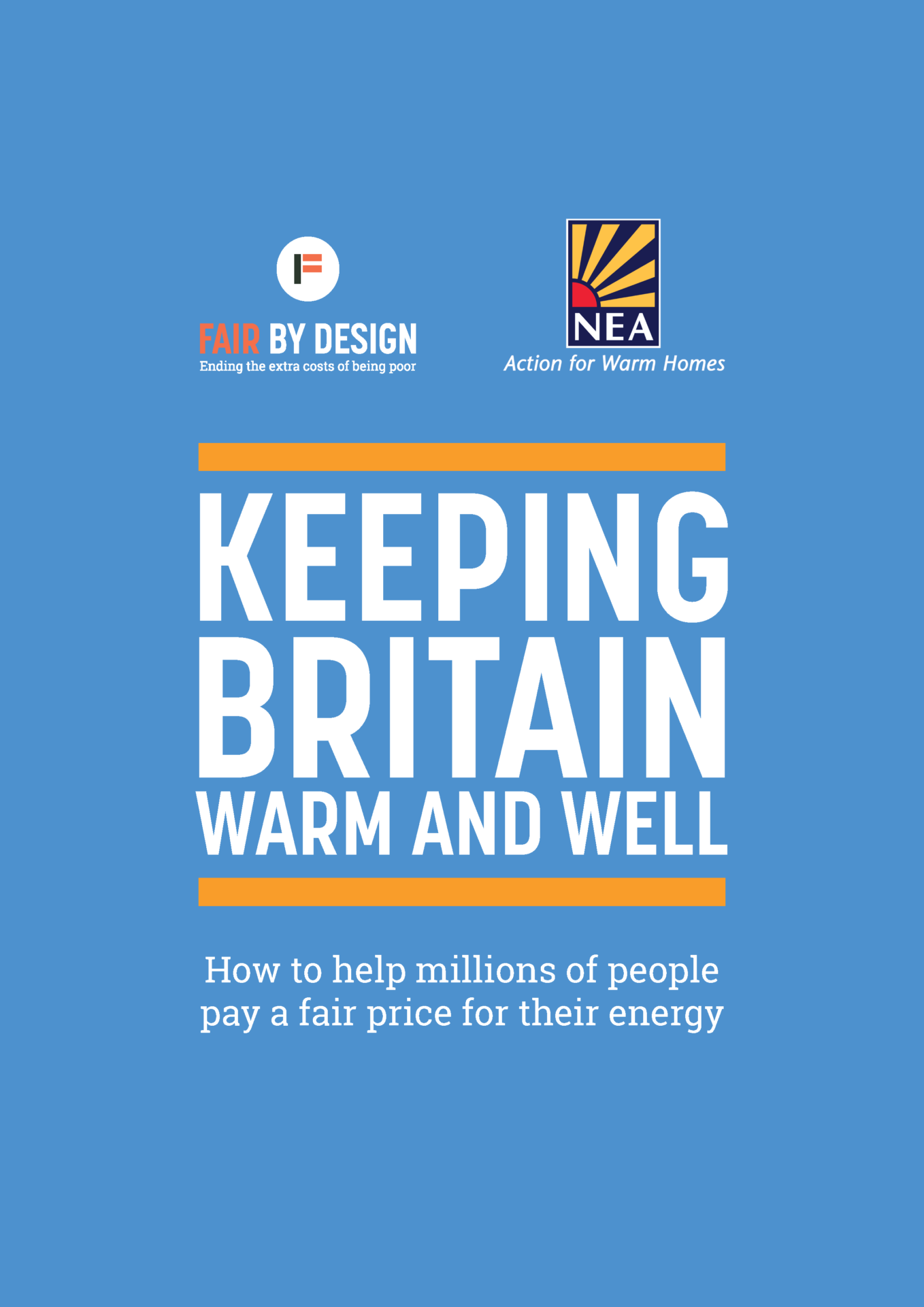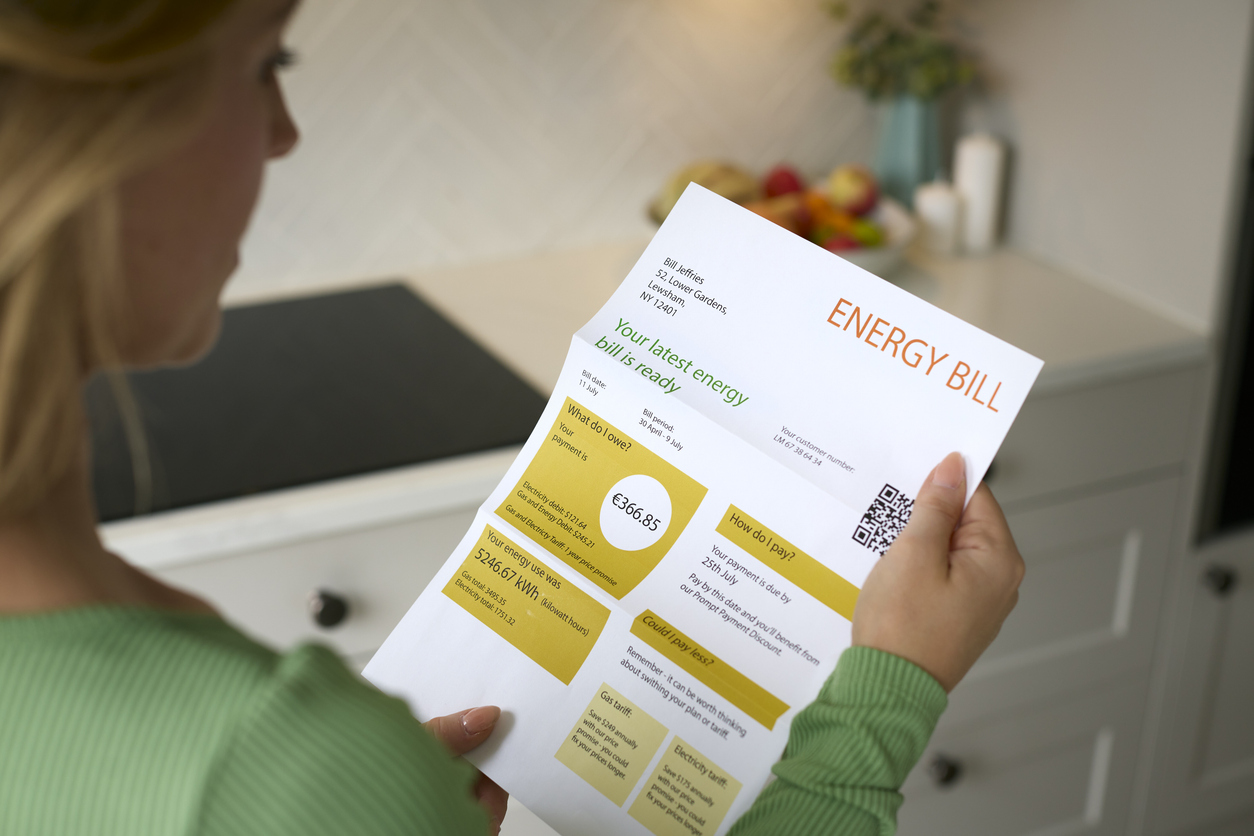The poverty premium in energy exists when people in poverty pay more for their energy. This is due to a range of factors including how people pay for their energy and, in normal times for the energy market, whether they can switch to a better deal.
Campaigns
Fair By Design is calling for the equalisation of payment methods so people don’t have to spend more on energy bills. We are calling for the introduction of a social tariff and have been-long term supporters of the Government’s Warm Home Discount Scheme.
Social Tariff
A social tariff is a targeted discount energy tariff for qualifying low-income consumers. It would mean that customers on low incomes pay a lower price for their energy. It is designed to make sure those in greatest need can access energy during the toughest economic moments.
In January 2023, along with National Energy Action (NEA), Age UK, Scope and Energy Action Scotland, we wrote to the Chancellor Jeremy Hunt MP calling for the introduction of a social tariff in the energy market. The letter received significant press coverage in The Independent, Evening Standard, The Mirror and other outlets.
Read our report on social tariff, which we published with National Energy Action (NEA), in July 2022.




